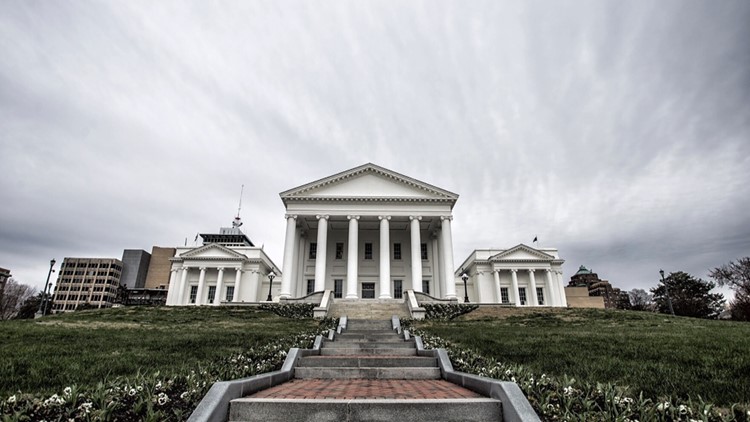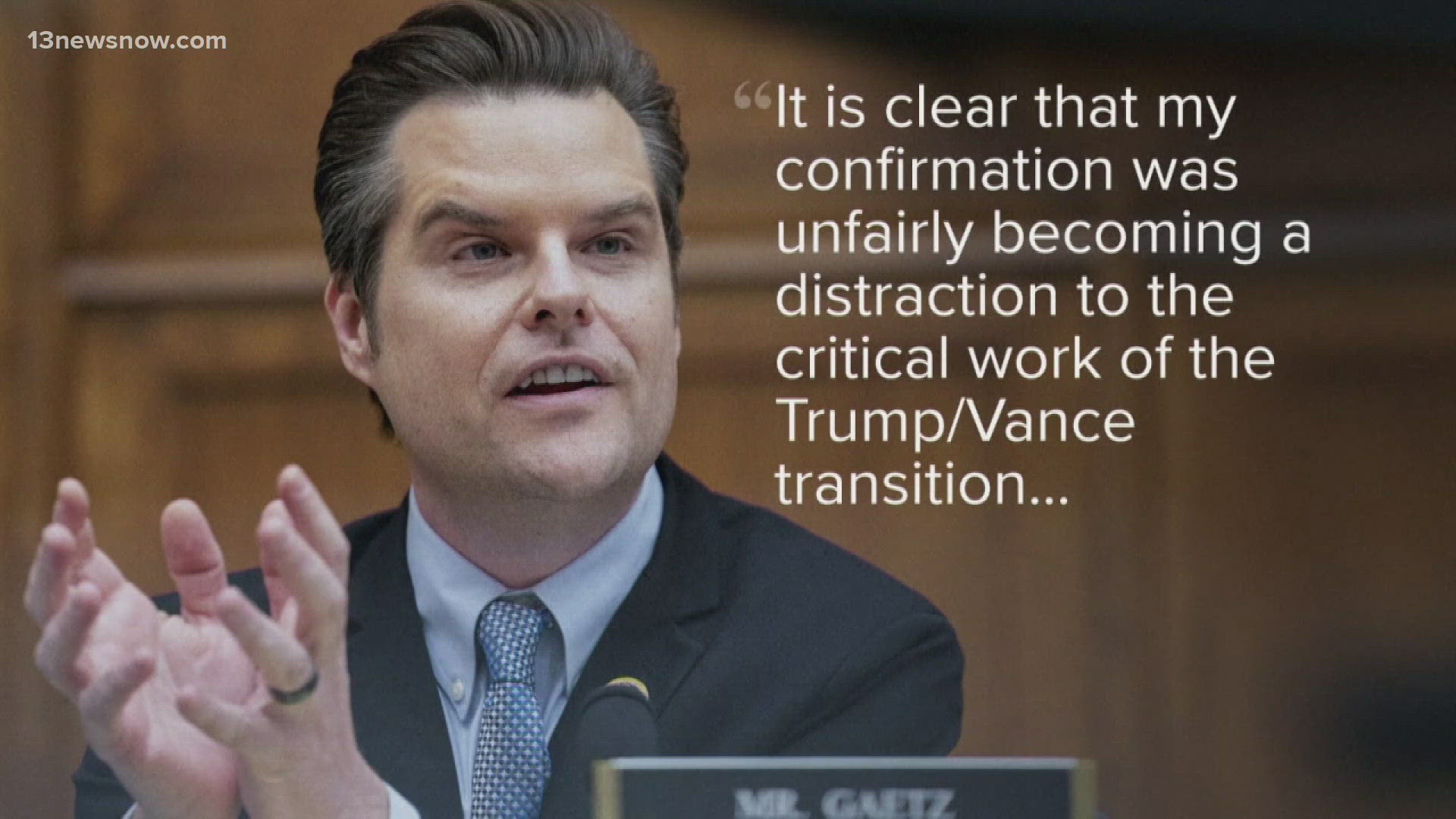NORFOLK, Va. — Lawmakers in the Virginia General Assembly reached a compromise deal on the state's budget that would cut taxes, invest in infrastructure projects and give raises to teachers and state workers.
House Appropriations Committee Chairman Barry Knight, a Republican, and Senate Finance and Appropriations Committee Chairwoman Janet Howell, a Democrat, announced the deal Thursday in a briefing with reporters from The Washington Post and Richmond Times-Dispatch.
Knight confirmed the accuracy of the news outlets' reports to 13News Now.
The budget agreement comes after the regular General Assembly session ended in March without the Democrat-controlled Senate and GOP-controlled House of Delegates finishing their work. As a result, Virginia Gov. Glenn Youngkin called lawmakers back for a special session in early April.
The deal is a partial victory for the Republican governor, who campaigned on across-the-board tax cuts for Virginians, but his key proposal to suspend the commonwealth's gas tax for three months wasn't included.
What's included in the budget deal?
Tax cuts
- An increased standard deduction from $4,500 to $8,000 for individual taxpayers and from $9,000 to $16,000 for families.
- Tax rebates of $250 for individuals and $500 for families.
- An increased exemption on military retirement income to $40,000, phased in over four years.
- Up to 15% of the earned income tax credit refundable for low-income families.
- Elimination of the state portion of the grocery sales tax; 1% option for local governments remains.
Raises for teachers, state workers
- $1.8 billion over two years for raises, one-time bonuses and targeted salary relief for state employees, teachers and state-supported local employees, which includes sheriff’s deputies.
- Targeted pay increases for state and local law enforcement, direct-care staff at state behavioral health facilities and correctional officers.
- A $750 million deposit in the Virginia Retirement System.
Infrastructure and other projects
- Up to $470 million in state funds for an Interstate 64 project that would widen the road to three lanes each way between Bottoms Bridge in New Kent County to Lightfoot in James City County.
- $40 million added to the Virginia Housing Trust Fund, for a total of $150 million in the next two years, and $240 million added to a new Virginia Housing Opportunity Tax Credit program over the next 10 years.
- A $1.6 billion deposit to state reserves, boosting them above $3.8 billion by mid-2024.
- Up to $159 million over two years to the Virginia Business Ready Sites program for economic development projects.
- $568 million for water quality improvements, including $100 million to complete the project to eliminate polluted overflows into the James River.
- $340 million in aid to colleges and universities, including $43.3 million for both public and private historically Black institutions.
- $3.3 billion for capital projects.
What are the next steps for lawmakers?
The budget still needs to be approved by both chambers of the Virginia General Assembly, as well as Youngkin.
House Clerk G. Paul Nardo and Senate Clerk Susan Clarke Schaar confirmed to 13News Now that both chambers will reconvene on June 1 to finish work on the budget. Nardo added that the budget reports will be published on Sunday, which will give lawmakers a chance to review them.
Youngkin's spokesperson Macaulay Porter confirmed to 13News Now that the governor was briefed on the deal and "looks forward to seeing the final language."
How does Virginia's budget work?
Virginia operates under a two-year budget cycle. Each year, Virginia's governor will propose a budget bill to be introduced by the General Assembly. The bill is initially adopted in even-numbered years and amended in odd-numbered years.
Lawmakers can amend the proposal to add, modify, endorse or delete items. A conference committee resolves any differences between the versions passed by both chambers.
For more information about how the process works, visit Virginia's online budget portal.



